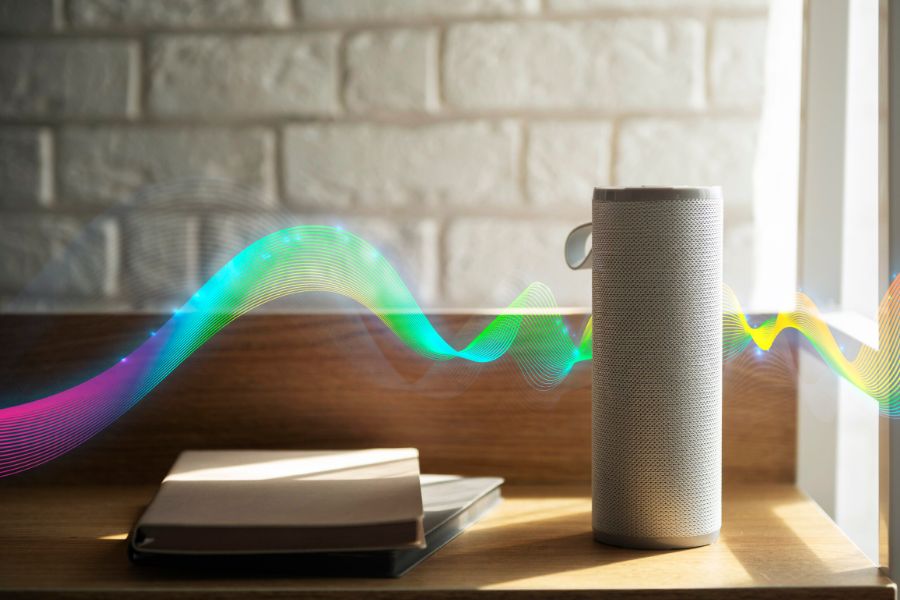Voice search technologies and voice assistants using synthesis artificial intelligence are becoming increasingly ubiquitous, and the need for brands’ voices to represent them in the media is increasingly sound-based. Today, more and more brands use synthetic voices in their communication strategies and bring remarkable achievements. So, why is it time to use synthetic voice? Find the answer in the following article.
What is a synthetic voice?
Synthetic voice refers to a voice that is the artificial production of human speech. A computer system used for this purpose is called a speech computer or voice synthesizer and can be implemented in software or hardware products. A text-to-speech (TTS) system converts normal language text into speech; other systems render symbolic linguistic representations like phonetic transcriptions into speech. The reverse process is speech recognition.
Pros and Cons of Using The Technology
Pros
The first benefit is the ease and speed of control. Using a synthetic voice gives you full control over your brand’s pre-set voice, commanding and controlling it to your liking. You take full ownership of that voice and don’t have to worry about any other business in the world having the same voice.
Another benefit for your business is personalizing the consumer experience with your business. Synthetic voices provide a recognizable brand experience in voice-driven engagement platforms, so customers’ impressions of your brand increase.
Not only that, it also brings great benefits to businesses throughout the entire sales cycle. First of all, the price of synthetic voice is a boon for businesses. It offers a price that is affordable for most businesses. Furthermore, adopting synthetic voice for businesses will attract more visitors or potential customers with visual impairments and reading disorders, second language learners, and people with disabilities. multi-tasking, and users who prefer audio content over text — all of which expand your audience significantly.
Cons
However, this still has significant disadvantages. First of all, authenticity. When a real person (be it a celebrity or public figure) speaks for your brand, customers have more confidence in the quality and authenticity you deliver. But, with synthetic voice, everything is controlled like a robot and will not give customers complete cohesion and trust. What you can do is try to upgrade the system to be as suitable and close to the user as possible.
Another disadvantage is that you will have to worry more about legal issues. Although many businesses today use voice technologies, there is no clear law on AI Voice companies and on the ways, robots can communicate like humans with humans.
When Should a Brand Use a Synthetic Voice?
There has been a lot of debate around the use of synthetic voices in audiobooks and other work historically done by professional voiceover talent. When, if ever, would it be better to use a synthetic voice instead of a real one?
Although there are disadvantages, using it will bring more benefits to your business. Moreover, with today’s improved and upgraded technologies, along with the widespread use from businesses around the world, the disadvantages are and will be pushed back only tomorrow. Therefore, we can affirm that now it’s time to use synthetic voice.
Conclusion
Synthetic voice is increasingly bringing good expectations to users about its features, so take advantage of it to optimize business operations for your business. Contact us for more information about this technology.
ConnectPOS is a all-in-one point of sale solution tailored to meet your eCommerce POS needs, streamline business operations, boost sales, and enhance customer experience in diverse industries. We offer custom POS with features, pricing, and plans to suit your unique business requirements.




